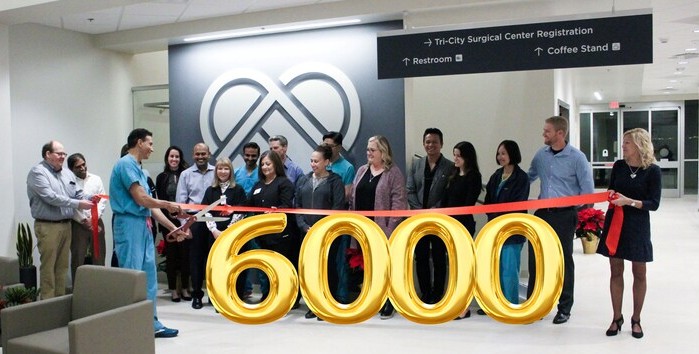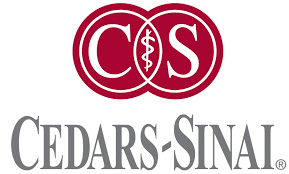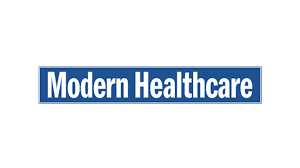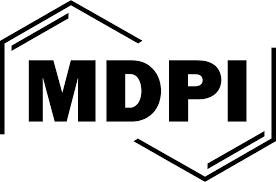
Tri-City Cardiology Ambulatory Surgical Center announced on Dec. 29 that it had surpassed 6,000 completed procedures, which it said underscores its commitment and ability to deliver “high-quality, patient-centered cardiovascular care in an outpatient setting.” The Mesa, Ariz.-based practice said Tri-City Cardiology ASC was designed to expand patient access to “highly personalized…

Editor's Note A Phase III clinical trial comparing transcatheter aortic valve replacement (TAVR) with traditional open-heart surgery found no significant differences in key health outcomes 7 years after treatment, Cedars-Sinai October 27 reports. The international PARTNER 3 trial, led by Raj Makkar, MD, and published in The New England Journal…

Editor's Note Private equity firms are accelerating their push into outpatient cardiology, lured by reimbursement trends and a fragmented market but shadowed by concerns about patient outcomes and financial motives, Modern Healthcare October 16 reports. Investor activity in cardiology has surged alongside the Centers for Medicare & Medicaid Services (CMS)…

Editor's Note Children’s Health in Dallas leads the nation in pediatric orthopedic surgery, after the US News & World Report 2025–2026 Best Children’s Hospitals rankings showcased familiar national leaders across a range of pediatric specialties, D Magazine and Fierce Healthcare October 7 report. The latest results highlight continued excellence in…

Editor's Note Dozens of companies are racing to stake a claim in the rapidly expanding surgical robotics market, with multiple launches, partnerships, and regulatory milestones signaling a pivotal moment for the field. Challengers to established leaders are advancing soft tissue systems, targeting specialty niches, and building executive teams to scale…

Editor's Note Hospital-employed physicians are least likely and private equity (PE)-affiliated physicians most likely to provide care in lower-cost ambulatory surgery centers (ASCs) or offices, according to a study published July 24 in the Journal of Market Access & Health Policy These care site differences translate to substantial variation in…

Editor's Note Glucagon-like peptide-1 (GLP-1) receptor agonists may offer orthopedic patients with obesity and type 2 diabetes a powerful tool for preoperative weight loss and potential disease modification, according to a July 10 review article in The Journal of Bone and Joint Surgery. However, the agents carry perioperative risks that…

Editor's Note A “quiet transformation” in how Medicare pays doctors could reduce payments for specialty care, including rates for billing codes associated with surgery, diagnostic imaging, outpatient care, pain management, and orthopedics, Modern Healthcare July 22 reports. According to the article, The Centers for Medicare and Medicaid Services (CMS) 2026…

Editor's Note Surgeons at Duke and Vanderbilt universities have devised simpler methods to retrieve donor hearts after circulatory death, according to a July 16 report from the Associated Press (AP). The research, published in the New England Journal of Medicine, details successful heart transplants using organs from donors whose hearts…

Editor's Note The US Food and Drug Administration (FDA) has designated Cook’s recent recall of the Beacon Tip 5.0 Fr Angiographic Catheter as a Class 1, the most severe category indicating serious risk of injury or death. The recall was reportedly motivated by reports of tip separation both prior to…